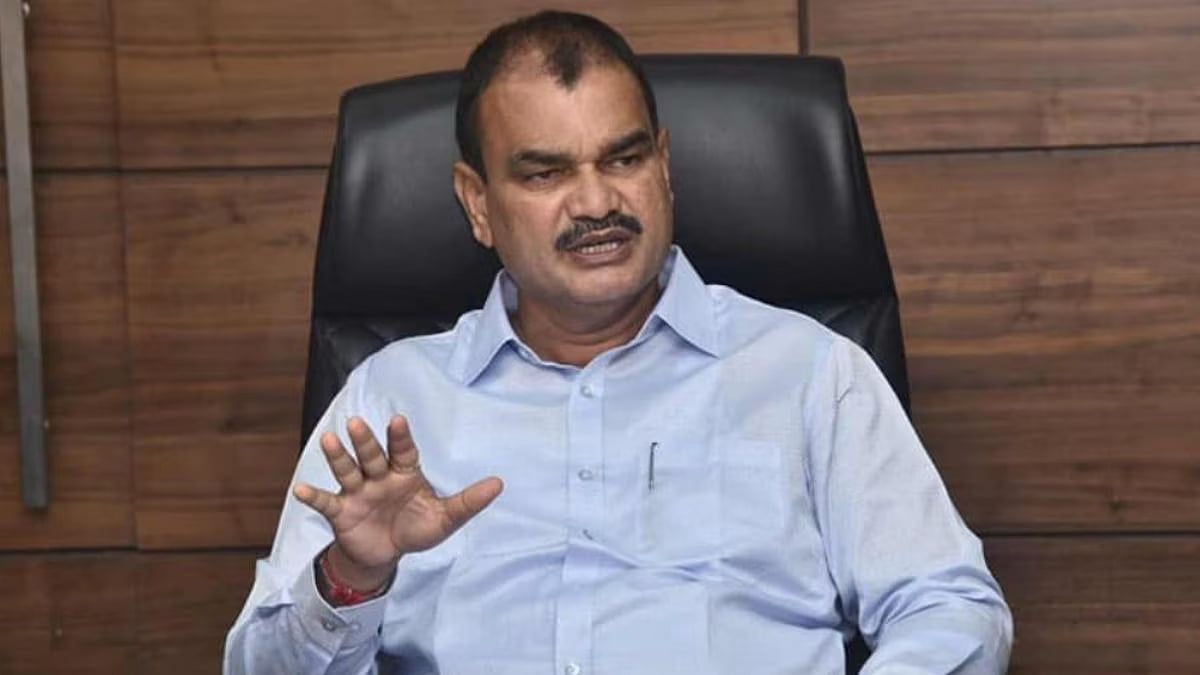Apex industry body, Associated Chambers of Commerce and Industry of India (ASSOCHAM) on April 8, 2020 in its recommendation letter to the Finance Minister Nirmala Sitharaman by its President, Dr. Niranjan Hiranandani has proposed several radical measures to keep the country’s economy’s subsistence through its fight with COVID-19 pandemic
The Chamber believes that in keeping up with most economies of the world to institute stimulus measures with 10 percent of the Gross Domestic Product (GDP), the Indian economy would need a transfusion of over $200 billion with an ability to go up to $300 billion, over the next 12-18 months. He stated that out of the corpus, $50-100 billion cash needs to be infused in the system over the next three months, to arrest the loss of jobs and compensate for loss of income. Such an infusion would help businesses and workers tide over the challenging situation, said Secretary-General, Deepak Sood in a release.
He further said that the government also needs to modify the FRBM Act to consider the debt/GDP ratio as a metric and not fiscal deficit. “The government needs to set an example for other businesses with no bills being unpaid for more than 15 days. This will enormously help the credit cycle and will also bring down tender prices for everything,” He said adding that with the deflation that is expected in overall demand, the government should implement the National Infrastructure Plan with no loss of time, once the lockdown is completed.
Some of the key recommendations to the Finance Ministry includes, the one-time loan restructuring to all corporates assuming a principal repayment start date moving upwards from March 2021, NCLT provisions to be held in abeyance for 6 months and a further reduction of interest rate/repo-rate by another 100 bps by the Reserve Bank of India.
ASSOCHAM has also recommended the reduction in GST across the board by 50% for 3 months and 25% for the fiscal. “The final GST due should be payable in 6 quarterly installments starting October 2020 with no interest. Final income tax of FY 2019-2020 and advance tax FY 2020-2021 should be payable starting October 2020 in 6 quarterly installments with no interest,” Sood informed.
For the real estate sector, ASSOCHAM has recommended that Section 43CA and 23 (5) which deals with selling properties less than 10 percent of the circle rates and taxing of developers inventories for the notional rent be scrapped immediately. Also, the 5 percent GST on under-construction real-estate to be scrapped or to be given a full input tax credit.
Other recommendations include
• Additional 25% increase to all standard loan accounts automatically
• For the fiscal stimulus by Government, RBI should directly subscribe to Govt. bonds so that the Govt. doesn’t squeeze liquidity out of the market.
• For corporate bonds that are investment grade – RBI should give a line to the banks to invest in.
• Create a public AMC funded by RBI seed capital that buys all distressed assets in the banking system to reduce risk aversion.
• All dues of Governmental entities / PSUs of Centre and State like NHAI, Fertilizer subsidy, IT Authorities, GST, power discoms, etc. to be processed immediately.
• RBI should declare an EMI waiver on all loans to extend for 6 months (with RBI repo rate reduction) there should be no impact on EMI or tenure.
• Since most companies are not expected to make profits/profits will be reduced substantially, all withholding taxes paid to domestic entities / domestic project offices to be waived until March 31, 2021. Only on payments made to foreign entities – withholding taxes should be levied.
• Hospitality, Aviation, Tourism, Transport, Holiday operators, Mall, Cinema Owners to be given 12-month interest waiver and 12-month moratorium on principal repayment.
• All items of fuel, electricity to be immediately put under GST as State Governments shall anyways be paid their GST increase of 14% from the Centre
• To revive the auto, consumer goods sectors, domestic travel by air, road, rail, hotel stay – all purchases should be given an up to 60 month EMI plan – interest-free (or at least 50% reduction) for all purchases made until 31 March 2021. Additionally, to enhance the Leave Travel Allowance of salaried class (to boost domestic tourism) to 150% (from 100%) of the expenditure incurred on domestic travel and stay. Further, 10% personal tax rebate for the purchase of auto and real-estate before March 31, 2022.
• Given the global collapse, opportunities will exist around the world for Indian promoters to invest. Hence, the following tax proposals can be considered:
* Corporate tax for all entities in India to be reduced to 20%. Taxation on new CAPEX to 15 percent and 10 percent if started before March 2022 and completed by March 2025.
* 125% weighted deduction for labor and wage cost (to protect employment) if employment continues for 2 years i.e. till March 31, 2022.
* No imputation on bad and doubtful debtors/loans under ICDS (income computation and disclosure standards) – to be taxed upon ultimately recovery.
* Enhance permissible stamp duty variance to actual consideration under Section 50C, 50CA and 56(2)(x) up to 30% of stamp duty value.
* To incentivize them to keep investing in India / from India, dividend receipts in the hands of the promoter to be taxed at a maximum rate of 15% as most foreign entities shall get treaty rate of 10% (as opposed to the current proposal of 35% - 45% in the hands of resident promoters
* To incentivize companies to redeploy CAPEX, Section 80M to be modified where holding companies, need not dividend out funds immediately to avail of DDT exemption and those funds should remain tax-free with the company to dividend out at any future time in the next 10 years. This will result in the available cash being redeployed in other infrastructure SPVs, subsidiaries to create new manufacturing units, etc.
* The provisions of the Akhilesh Ranjan committee report on Direct Tax Code like the removal of surcharges and cap of personal income tax at the following rates has not been implemented, which should be done immediately:
a) For Rs 10 lakh to 20 lakh – 20%
b) For Rs 20 lakh to 2 crore – 30%
c) For Rs 2 crore plus– 35%
* Additionally, removal of all surcharges and cess on corporate taxes, as suggested by the same committee, are imperative to be done immediately.
* Even for foreign companies operating in India (as they too are creating some employment), the tax rate should be reduced from the current 40% to 30% as suggested by the same committee.
The interdependency of the salaried and working-class with that of the businesses is the key parameter and therefore, it is essential for the country to revive the entire business eco-system that keeps them employed and businesses unburdened, once the government masters the mechanism of containing the virus and the scare is reduced,” said Sood.










